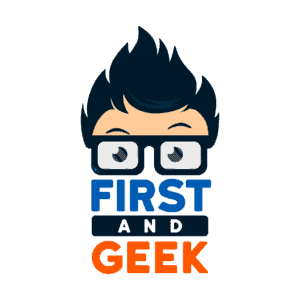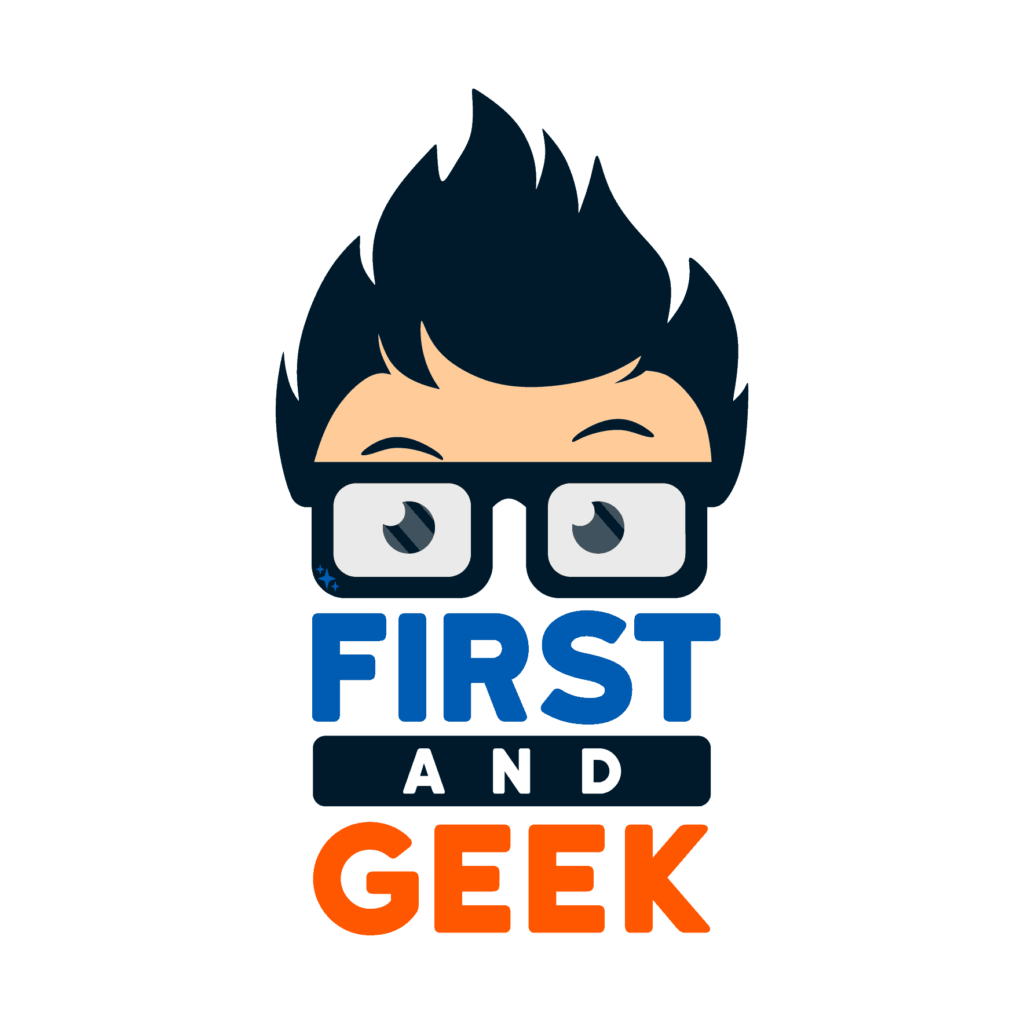OpenAI recently announced the rollout of a new feature in ChatGPT—direct internet search. This feature, currently available for ChatGPT Plus, Team, and SearchGPT waitlist users, opens up a world of possibilities for quick, reliable information retrieval. With real-time internet access, ChatGPT now provides up-to-date responses along with links and source citations, aiming to become a more complete information tool.
But with this advancement comes a pressing question: Will ChatGPT’s new search functionality rival Google? The addition of direct search places ChatGPT squarely in the territory of traditional search engines, sparking a conversation about its role in the evolving AI-driven search landscape.
The Evolution of ChatGPT: From Closed AI to Internet-Connected Search
When OpenAI first launched ChatGPT in late 2022, it quickly captured the public’s attention. With AI-generated responses, ChatGPT provided users with conversational answers, distinct from the structured search results Google users are accustomed to. However, without internet access, ChatGPT’s responses were limited to a knowledge base frozen at its last update. As technology evolved, so did the public’s appetite for faster, real-time information.
The introduction of ChatGPT Search represents a significant shift. Users can now ask questions in natural language and receive immediate, linked sources and citations, bringing them closer to the data that backs the answers they receive. The addition of a manual search button allows users to control when ChatGPT retrieves web data, while a source list feature provides citations on both desktop and mobile, facilitating source transparency.
For now, ChatGPT Search is exclusive to Plus, Team, and waitlist users, but OpenAI plans to release it to all users, including those on the free tier, in the coming months.
News Partnerships: A New Approach to Real-Time Data
OpenAI’s latest move goes beyond just direct web search. ChatGPT now collaborates with reputable news outlets, licensing their content to support more accurate and timely responses. Through partnerships with publishers like Associated Press, Vox Media, Condé Nast, Axel Springer, Financial Times, and Reuters, ChatGPT Search offers access to high-quality news from some of the most reliable sources in journalism.
This initiative marks a shift from relying solely on generic web crawls to integrating information from licensed news outlets. As part of this effort, Pam Wasserstein, President of Vox Media, praised ChatGPT Search for expanding reach and exposure for journalism, emphasizing how attribution and reliability are paramount.
Notably, some organizations, such as The New York Times, have opted out of the partnership, primarily due to ongoing legal disputes with OpenAI regarding copyright matters. Still, the vast majority of mainstream news sources see this partnership as an innovative step that aligns AI with high journalistic standards.
How ChatGPT Search Works: Source Attribution and Transparency
The enhanced ChatGPT Search aims to make information not only accessible but also trustworthy. Here are some of the critical features that set it apart:
- Source Citations: Users can click a “sources” button to reveal a list of links, directing them to the original information.
- Manual Search: The option to manually trigger searches gives users more control over when ChatGPT accesses the internet.
- Transparency in Responses: Citations for answers now display on the right side of the screen, providing easy access to more in-depth reading.
This approach stands in contrast to Google’s AI search summaries, which do not always provide full transparency about sources, particularly when summarizing answers. With this direct link to information, ChatGPT aims to provide greater clarity for users about the origin of data, an essential feature in today’s media landscape.
Advantages of ChatGPT Search for Users
The new ChatGPT Search function offers several unique benefits for different types of users:
- Enhanced Learning Experience: The ability to see source citations allows students and researchers to verify information directly, making ChatGPT Search a valuable educational tool.
- Real-Time Updates: Unlike the previous version, which had a limited knowledge base, ChatGPT Search offers immediate answers on trending topics, making it a powerful asset for those seeking breaking news.
- Improved Content Quality: The partnership with top-tier news organizations ensures that users receive answers based on accurate, credible sources.
- Streamlined Accessibility: ChatGPT’s conversational format enables users to receive information in natural language, removing the need to scroll through multiple links or ads, as is often necessary on traditional search engines.
- Transparent Information: Source attribution builds trust, allowing users to quickly access the full context behind the answers.
Potential Challenges for ChatGPT Search as It Competes with Google
While ChatGPT Search holds promise, there are some hurdles to overcome. Google has been the dominant search engine for years and provides several features that ChatGPT does not currently offer, such as:
- Comprehensive Image and Video Results: Google’s search capabilities extend to various media, including image and video searches, which ChatGPT has yet to fully integrate.
- Accuracy Concerns: AI-generated answers must be carefully managed to avoid misinformation, especially when dealing with high-stakes or rapidly evolving topics.
- User Interface Familiarity: Millions of users are accustomed to Google’s layout and functionality, and switching to a new system may take time for widespread adoption.
Could ChatGPT Search Shift the Search Landscape?
Since ChatGPT’s initial launch, the competition in AI-driven search has surged. Google, for example, has introduced its AI Overview feature, which provides a quick summary of search results at the top of the page, answering basic questions without directing users to external sites. Similarly, Microsoft has enhanced Bing with GPT-4 technology, allowing it to deliver AI-supported search results that pull from live internet data.
However, ChatGPT’s strength lies in its conversational approach and direct source links, which may appeal to users who prioritize ease of use and transparency. Although Google still controls a dominant 87% share of the global search market, this share has slipped from its former 90%, indicating a slow but meaningful shift in the search landscape. ChatGPT’s latest upgrade could make it an attractive alternative, especially for those looking for a search experience grounded in user control and information accessibility.
What’s Next? OpenAI’s Vision for ChatGPT Search
OpenAI’s vision for ChatGPT Search doesn’t end with its rollout to Plus users. Over the next several months, this feature will be available to users on the free version of ChatGPT, further democratizing access to AI-powered search tools.
In addition, as AI continues to integrate with news media, more partnerships with publishers may arise. Mathias Sanchez, Senior Vice President of Global Strategic Partnerships at Axel Springer SE, expressed optimism about the AI-journalism partnership, suggesting that the evolving digital media landscape could lead to new business models that support the integrity of journalism.
The future holds exciting possibilities as more users experience ChatGPT’s seamless blend of conversational AI and real-time search. Whether ChatGPT can surpass Google remains to be seen, but it’s clear that OpenAI’s commitment to improving user experience is reshaping the way we access information.
ChatGPT Search’s Role in the Future of Information
The launch of ChatGPT Search brings significant changes to how we find and consume information. With trusted sources, real-time data, and transparent citations, this AI-powered search tool may redefine the role of conversational AI in the information age. As users adjust to ChatGPT’s seamless blend of search and conversation, Google faces new competition that could gradually impact its search market share.
Ultimately, ChatGPT’s unique attributes make it a compelling alternative in a world increasingly driven by digital information and rapid news cycles. Whether for students, professionals, or casual information seekers, ChatGPT Search offers an innovative way to explore the internet—one that could redefine what we expect from search engines in the years to come.






